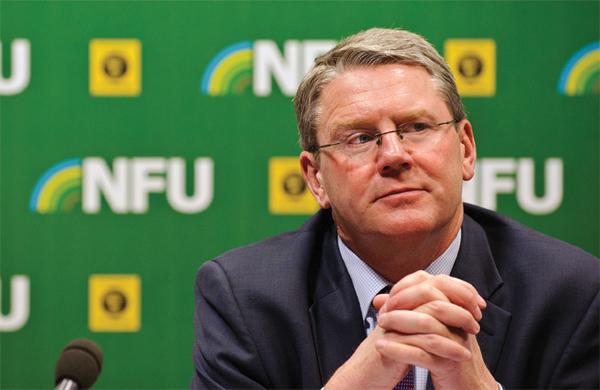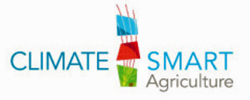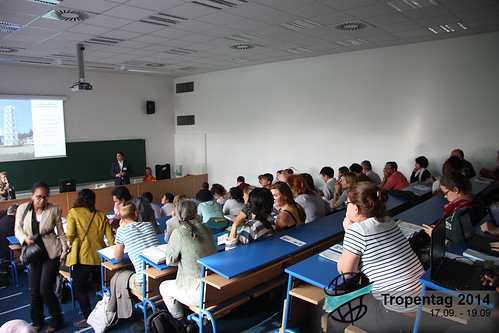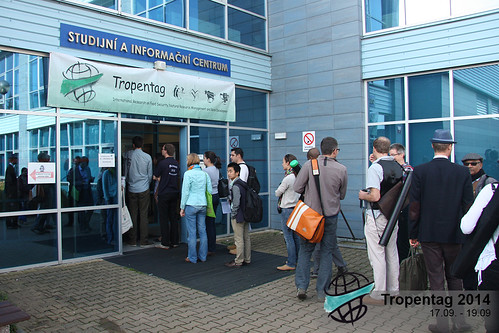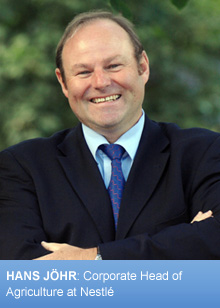28 - 30 September 2014. Montpellier, France. 28th Euragri conference. The title of this year’s conference was: Long-term strategic agenda for research and innovation in agriculture: North-South partnership at stake.
The increasing food demand raises strategic issues for the agriculture and agricultural research in advanced countries in general and in Europe in particular. One way forward is driving science and agriculture forward, in both North and South, thus contributing to sustainable development of rural areas and agricultural supply chains globally.
This has to be achieved by continuously building up scientific capacity, also in the world’s poorest countries, since societies cannot develop long term unless they themselves generate the knowledge and develop the innovations they need to adapt to a changing and fast evolving world.
Coordinated research programmes, knowledge sharing, training, dissemination of information and participation of economic players are important pillars on which to build a North – South partnership aiming at a more shared and evenly distributed research system for the benefit of all in the spirit of the H2020 interest in global challenges.
Extract of the programme:
Session 1: Strategic issues for research and education
4 breakout parallel sessions (30/09)Extract of the programme:
Session 1: Strategic issues for research and education
- Sébastien ABIS (CIHEAM, FR): Challenges for the future of Mediterranean Agriculture
- Jean-Luc BATTINI (CIRAD, FR): Agricultural research and global challenges. Examples from the Mediterranean regions.
- Albino MAGGIO (JRC, EC): The Foresight “Global Food Security”
- Gianluca BRUNORI ( University of Pisa, IT), Elke SAGGAU (BLE, DE) and Erik MATHIJS (Katholieke Universiteit Leuven, BE): The SCAR foresight “Sustainable Agriculture, Forestry and Fisheries in the Bioeconomy. A challenge for Europe”
- Wayne POWELL (Chief Science Officer, CGIAR): The need of reform of agricultural systems both in Europe and in the South
- Research, innovation and entrepreneurship: Xavier RIESCHER (Panzani, Ebro Foods).
- The midterm perspectives of research collaboration in the Mediterranean, and in particular the prospects for joint activities in ERANETMED, paving the way for long-term cooperation like under Article 185: Claudio BOGLIOTTI (Coordinator the ERANETMED, IAM Bari, IT)
- Innovation systems now and in the future. What can we learn from AKIS 3 and EIP: Krijn POPPE (WUR, NL) and Inge VAN OOST (DG Agri, EIP)
- Instruments and results for North-South cooperation. Experience from the Era-Net ArimNet: Florence JACQUET (Coordinator of ArimNET, INRA, FR)









